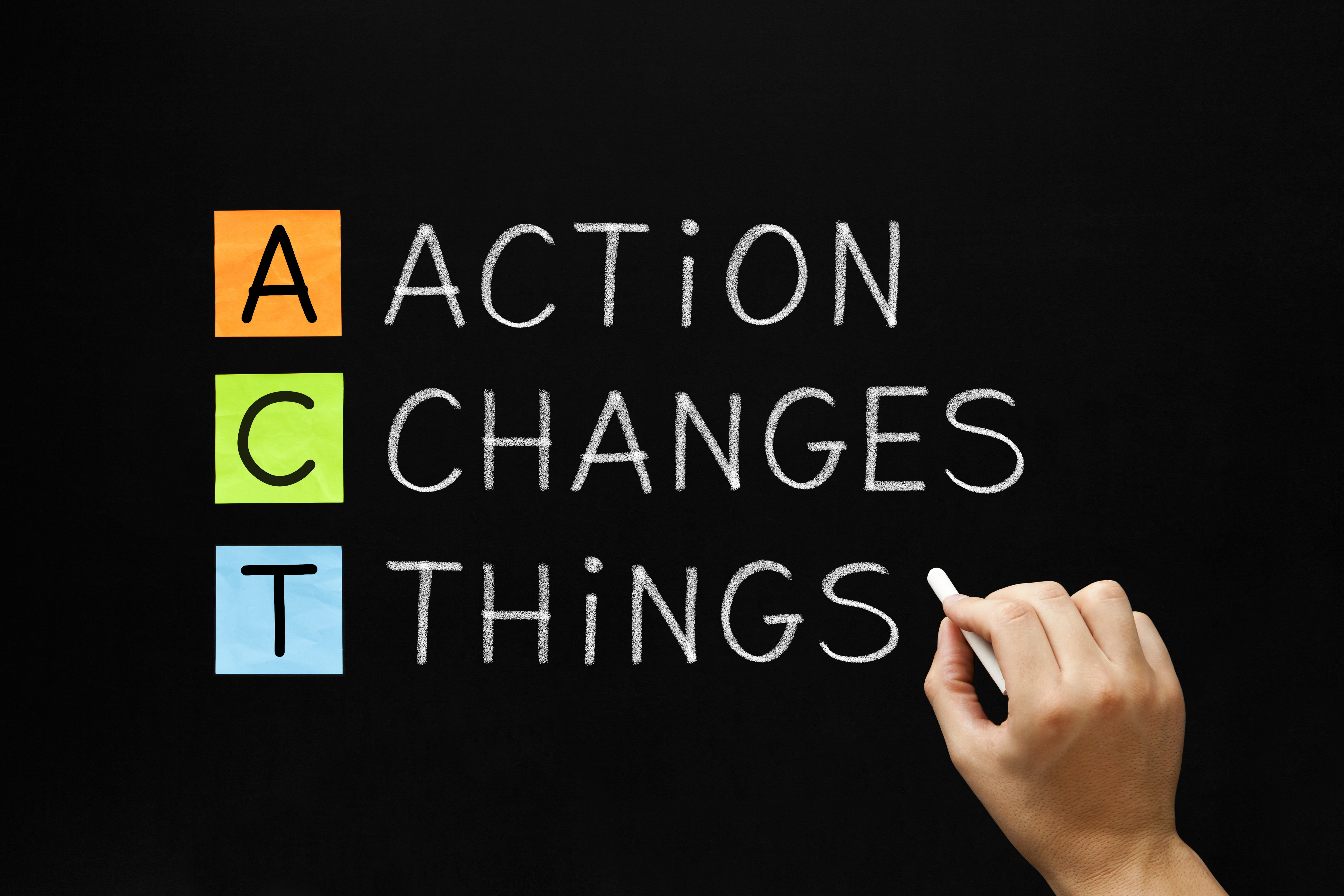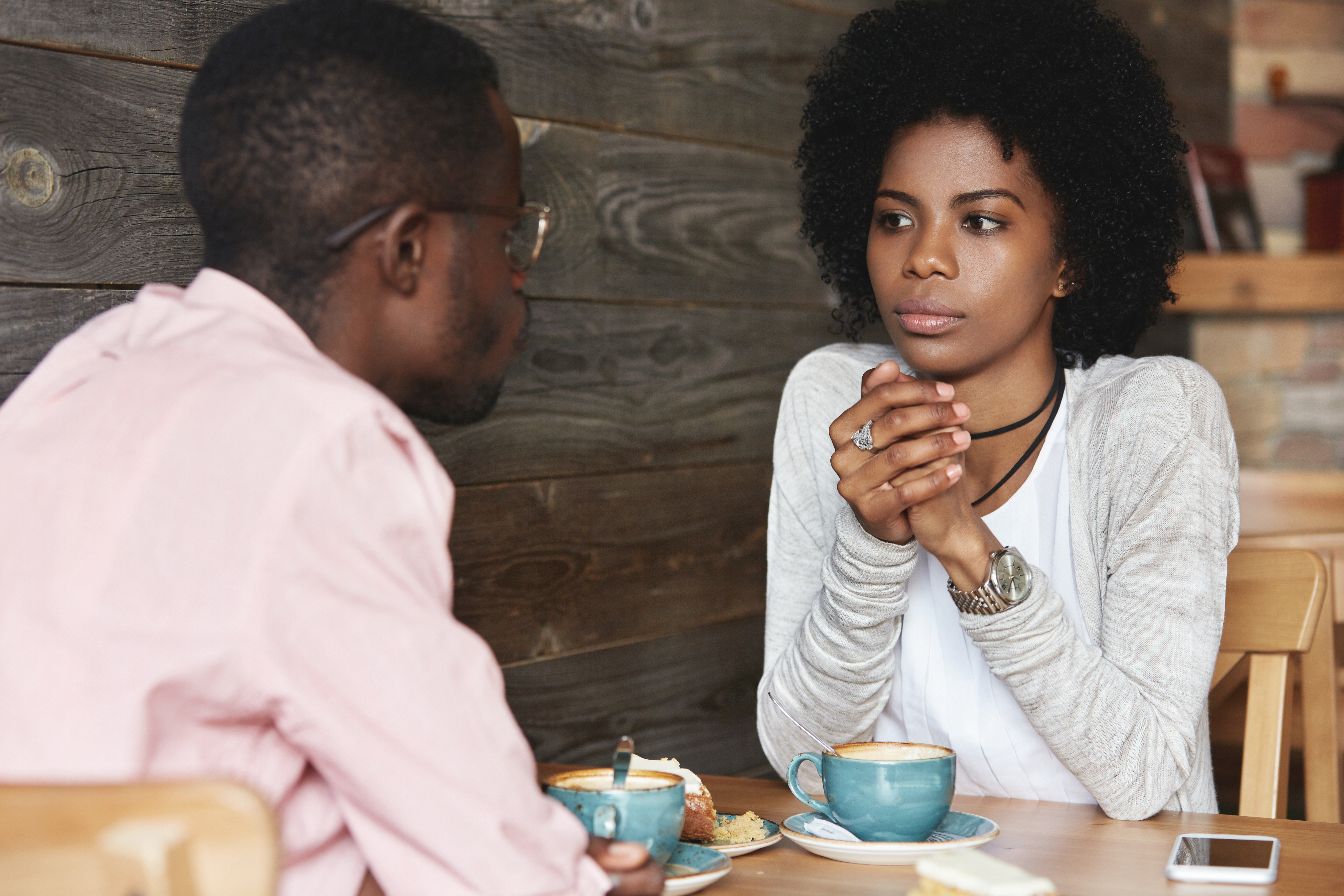16 Days of Action
Domestic violence is an issue that affects us all. You might have even experienced it firsthand yourself. Or maybe you have a friend, a family member, or a co-worker who has been in an abusive relationship. There’s also a chance that someone you know has experienced violence at the hand of a partner, but you’re not even aware of it. Domestic violence is far-reaching and the emotional, physical and financial implications can be long-lasting, especially when it comes to mental health.
From November 25th to December 10th, we’re joining in the 16 Days of Action to help end domestic violence. Each day, we’ll outline a different action that we can all take to help reduce this worldwide issue. Whether it’s relating to a family member, friend, neighbour or acquaintance, these actions will help keep everyone more informed and better equipped to respond to domestic violence.

Why 16 days? These dates, spanning from November 25th to December 10th, encompass five major events. The purpose is to raise awareness on the connection between violence against women and human rights.
November 25 - International Day for Elimination of Violence Against Women
November 29 - International Human Rights Defenders Day
December 1 - World Aids Day
December 6 - The National Day of Remembrance and Action on Violence Against Women (White Ribbon Day) and The Anniversary of the Montreal École Polytechnique Massacre
December 10 - World Human Rights Day
Many women suffering from domestic violence are also targeted at work by their abusers.
These 16 actionable tips are helpful for everyone to know. Even the simplest of actions can make a huge difference in someone’s life.
- Learn the warning signs and risk factors of domestic violence. Being aware of typical signs of domestic violence keeps you informed and better prepared to act should you ever believe someone you know is being abused.
- Find out what your local women’s shelter needs the most and make a donation or volunteer your time.
- Use social media. Tweet it, post a link to an article on Facebook or use Instagram to spread the message that the 16 Days campaign is working on. Let’s end violence now.
- Write a Blog: If you have your own blog or currently write for another blog, think about using your platform to make your voice heard and educated others. Also, take a look through our NFF blog to find relevant articles to share - we have tons!
- Have a See It, Name It, Check It conversation. The SNCIt Framework is an incredibly helpful resource. If you’re worried that you someone you know is experiencing domestic violence, you can contact the police, a domestic violence helpline, or if it’s an urgent situation, call 911 or your local emergency services. We also have a very helpful list of resources.
- Offer a Listening Ear: Let the victim know you are available to listen, with no judgement. Many people being abused are afraid to talk and feel isolated and belittled. Having someone to talk to and call if there is ever an urgent situation is so important.

- Call the Assaulted Women’s Helpline. if you need information about local domestic violence resources or if you want to talk to an expert about a situation that worries you, call the helpline.
- Check with your workplace to ensure there is a domestic violence policy in place and proper supports for any workers experiencing domestic violence.
- Check out tips for helping a co-worker who is being abused
- Start a neighbourhood community organization. If one doesn’t already exist, get a group together and start a neighbourhood organization. Have regular meetings and other events where you get to know each other and talk about important issues in the community. Educate your community on domestic violence and make sure everyone knows it will not be tolerated. Having a stronger sense of community with more active neighbours who are concerned for each other’s welfare can greatly reduce rates of domestic violence.
- Become a positive change in your community. There are so many ways you can help be that change. Parents can make sure their children’s schools (including universities) have enough safety protocols in place to prevent assaults. Educators can make sure their schools are doing enough to educate students on healthy relationships, dating violence and consent, as well as how to help if they think someone they know is being abused. Coaches can educate their athletes about the importance of respectful relationships as well as the signs of dating violence. Healthcare workers can advocate for change and help educate the community about the impacts. Think of all the ways, even little ways, you can make a difference.
- Talk about it. This month and every month, we need to talk about domestic violence. Keep the issue at the forefront. Have conversations with the men in your life as well as the women.

- Contact your member of parliament. Encourage him or her to support policies that protect victims of domestic violence, including paid leave from the workplace, safe havens, lots of support and also help and therapy for the abusers themselves.
- Help Combat Victim Blaming. If you hear someone victim blaming or telling a rape joke, don’t just ignore it. The “boys will be boys” excuse needs to be challenged by everyone. Call out anyone you hear defending this sort of talk or these attitudes, even if it’s your own friend. Remember that the Bystander Effect can have drastic consequences.
- Volunteer. Find out if your local domestic violence or sexual assault centre is in need of volunteers. There are many ways you can help and these agencies normally do a great job at training.
- Share resources. Print off information or tips or any of our FREE visual tools and share them with your workplace, community organizations, or even in public places like libraries, schools and more to help educate the community.
